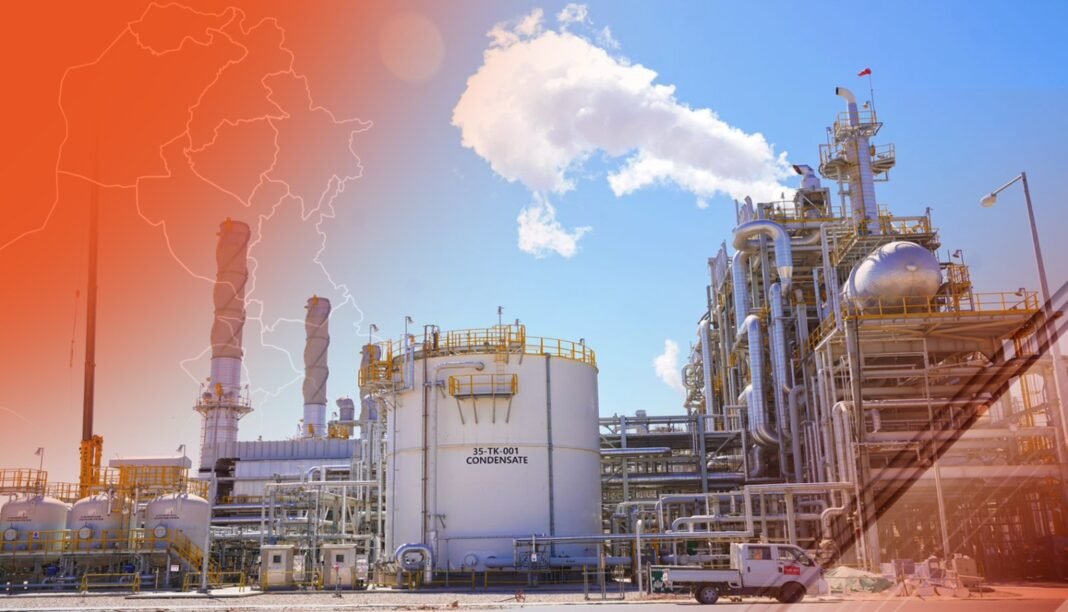Iraq private investment expands steadily, signaling a new era for the country’s industrial sector. Recent government efforts have unlocked new growth across manufacturing, energy, and construction.
Consequently, all parts are produced off-site to cut construction time and boost efficiency. This expansion supports economic stability and lowers reliance on oil revenues.
In particular, in Baghdad, officials praised private investors for supporting national goals. According to the Ministry of Industry and Minerals, private capital now drives many industrial projects.
Specifically, these include a wide range of facilities such as cement plants, steel factories, and advanced food processing units that support industrial growth.
Meanwhile, across southern provinces like Basra and Maysan, factories are restarting operations. Local firms are joining forces with international partners.
As a result, job creation is accelerating. The government expects thousands of new positions in 2025 alone.
At the same time, the Central Bank of Iraq has introduced new financial tools. These aim to improve access to loans for small and medium-sized enterprises.
Additionally, Iraq private investment expands alongside foreign interest. Turkish, Iranian, and Gulf investors are signing new contracts.
Indeed, Iraqi economists believe this momentum will continue. They point to improved security, better infrastructure, and investor-friendly laws. All of these attract more entrepreneurs.
Likewise, in Erbil and Sulaymaniyah, Kurdistan’s industrial zones are also growing. New workshops, warehouses, and logistics centers have opened in 2025.
Moreover, the Kurdistan Regional Government (KRG) supports public-private partnerships through incentives and land grants.
Despite this progress, challenges like inflation and regulatory hurdles remain, yet the outlook remains positive.
To address these, the Iraqi government plans to expand industrial zones across all governorates. Officials are streamlining licensing to reduce delays and red tape.
Finally, as Iraq private sector investment expands, experts emphasize the importance of education and skills training. New technical schools and industrial institutes are opening to prepare youth for factory jobs.





